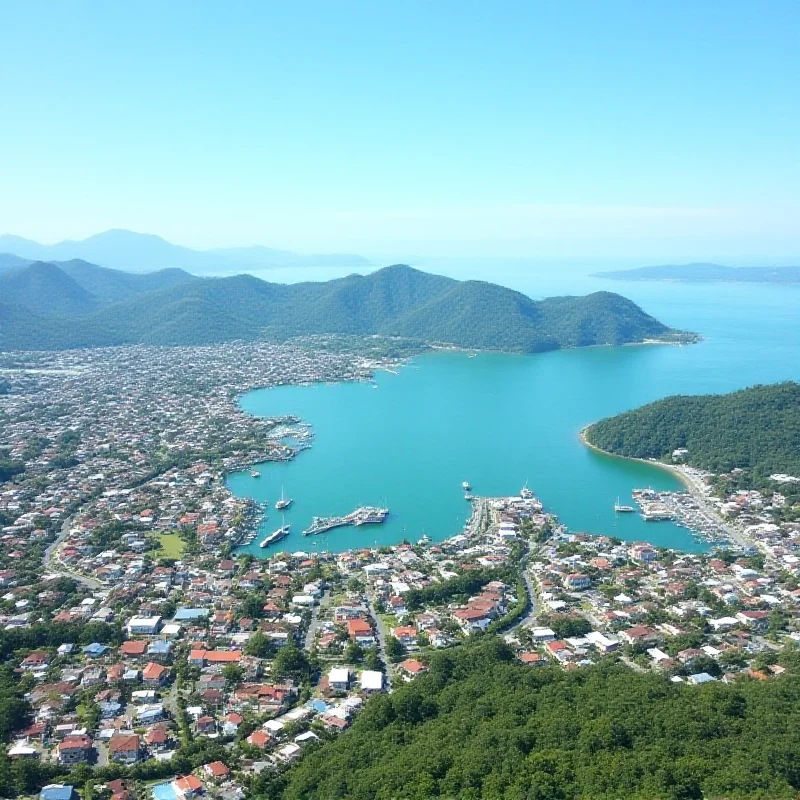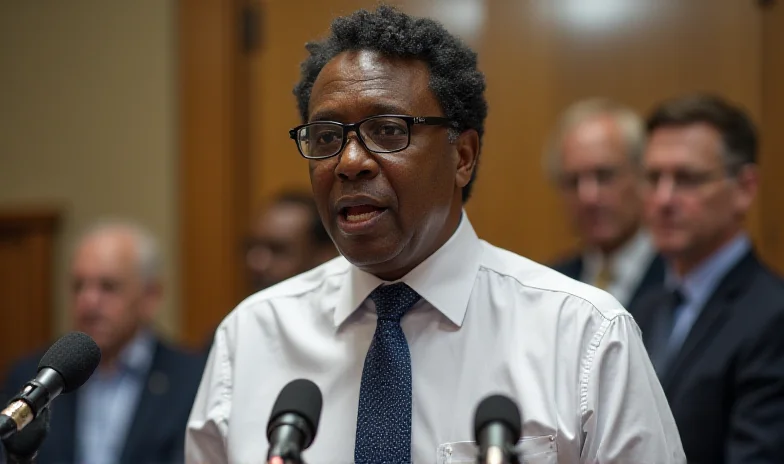Sabah is currently facing a confluence of political issues, ranging from constitutional amendments to local party policies and critical infrastructure projects. Key figures are weighing in on these matters, stirring debate and demanding action.
Restoring Governors' Power
Tuaran MP Wilfred Madius Tangau is advocating for the restoration of Sabah and Sarawak governors' power to appoint High Court judges. He argues that the 1994 amendment to the Federal Constitution, which altered this process, was carried out without the necessary consent from Sabah and Sarawak. "This is a matter of regional autonomy and respecting the rights of Sabah and Sarawak," Tangau stated. 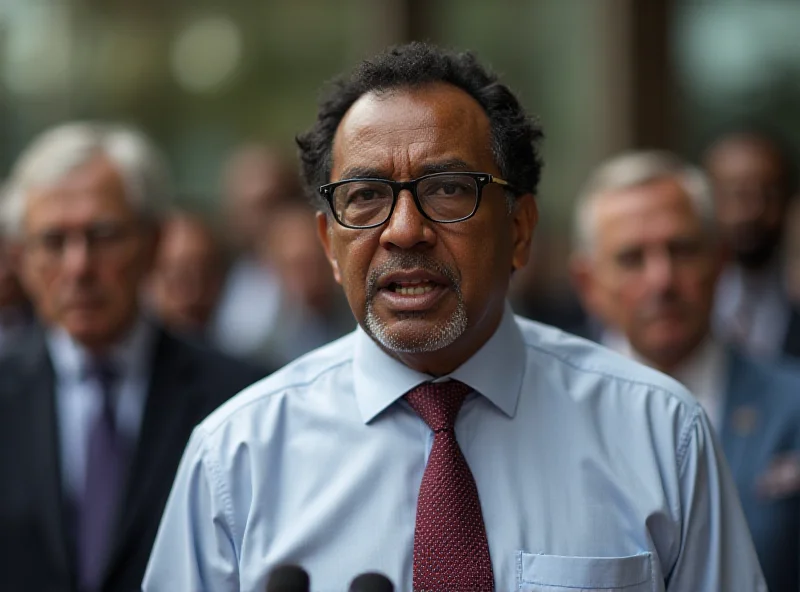 The call for this restoration highlights ongoing discussions about the balance of power between the federal government and the Borneo states.
The call for this restoration highlights ongoing discussions about the balance of power between the federal government and the Borneo states.
Clash Over "Local Parties Only" Policy
The idea of a "local parties only" policy, gaining traction among some Sabah leaders, has drawn criticism from PN's Ronald Kiandee. He contends that those pushing for this policy fail to grasp the distinct political dynamics of Sarawak. Kiandee argues that what might work in Sabah may not be suitable for Sarawak, emphasizing the need for a nuanced understanding of each state's unique political landscape. "It's not a one-size-fits-all situation," Kiandee remarked. 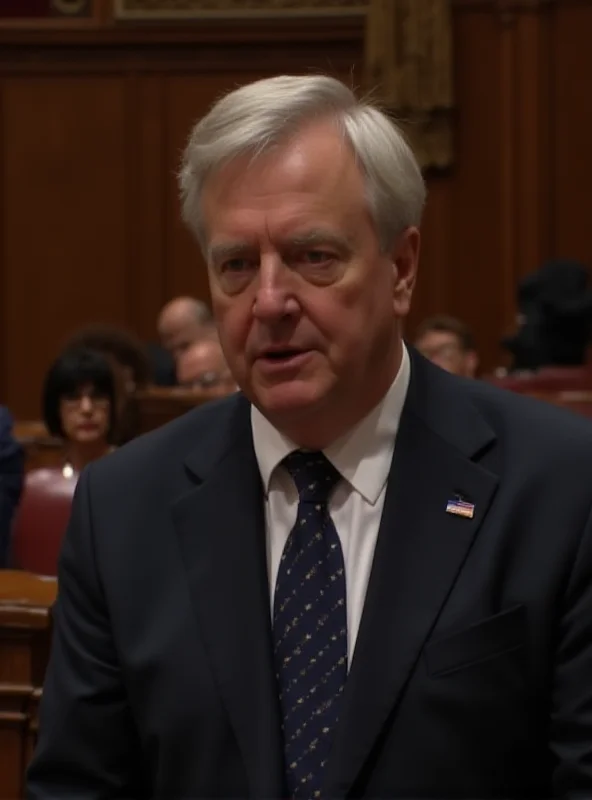 This disagreement underscores the complexities of regional politics and the challenges of implementing uniform policies across diverse regions.
This disagreement underscores the complexities of regional politics and the challenges of implementing uniform policies across diverse regions.
Papar Water Intake Project Delays
The long-delayed Papar water intake project is a source of growing frustration for residents facing persistent water shortages. Papar MP Armizan Mohd Ali has issued a stern warning to the Sabah GLC responsible for the project, stating that further delays will not be tolerated. 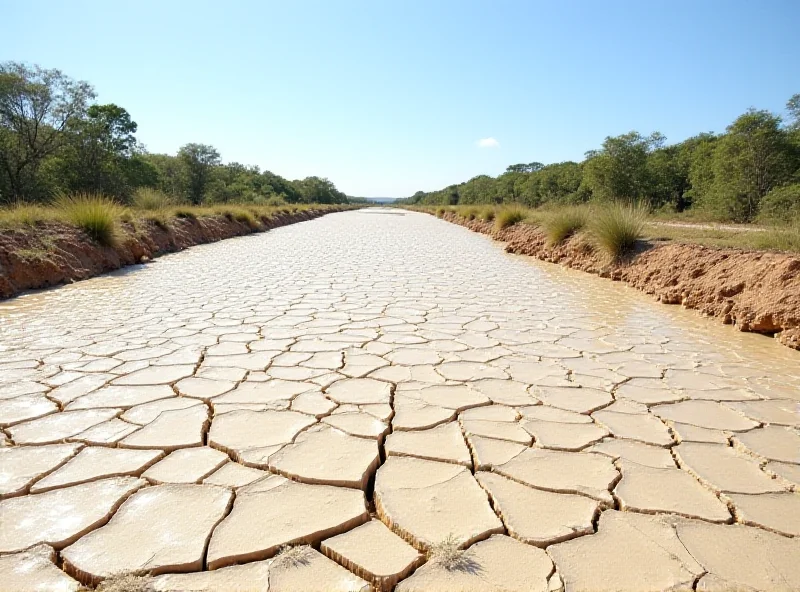 "The people of Papar have suffered long enough," Ali declared. "We need action, and we need it now." The urgency surrounding this project highlights the critical need for effective infrastructure development to address basic needs.
"The people of Papar have suffered long enough," Ali declared. "We need action, and we need it now." The urgency surrounding this project highlights the critical need for effective infrastructure development to address basic needs.
Publicizing Government Achievements
Adding to the political discourse, the Sabah Chief Minister has emphasized the importance of widely publicizing the state government's accomplishments and various initiatives. This effort aims to counter criticism from the opposition and ensure that the public is well-informed about the government's progress. By proactively communicating its achievements, the government seeks to maintain public trust and demonstrate its commitment to serving the people of Sabah.
"It is crucial that our citizens are aware of the positive changes happening in Sabah," said a government spokesperson.
These diverse issues paint a picture of a dynamic political landscape in Sabah, where leaders are grappling with complex challenges and striving to address the needs of their constituents.
